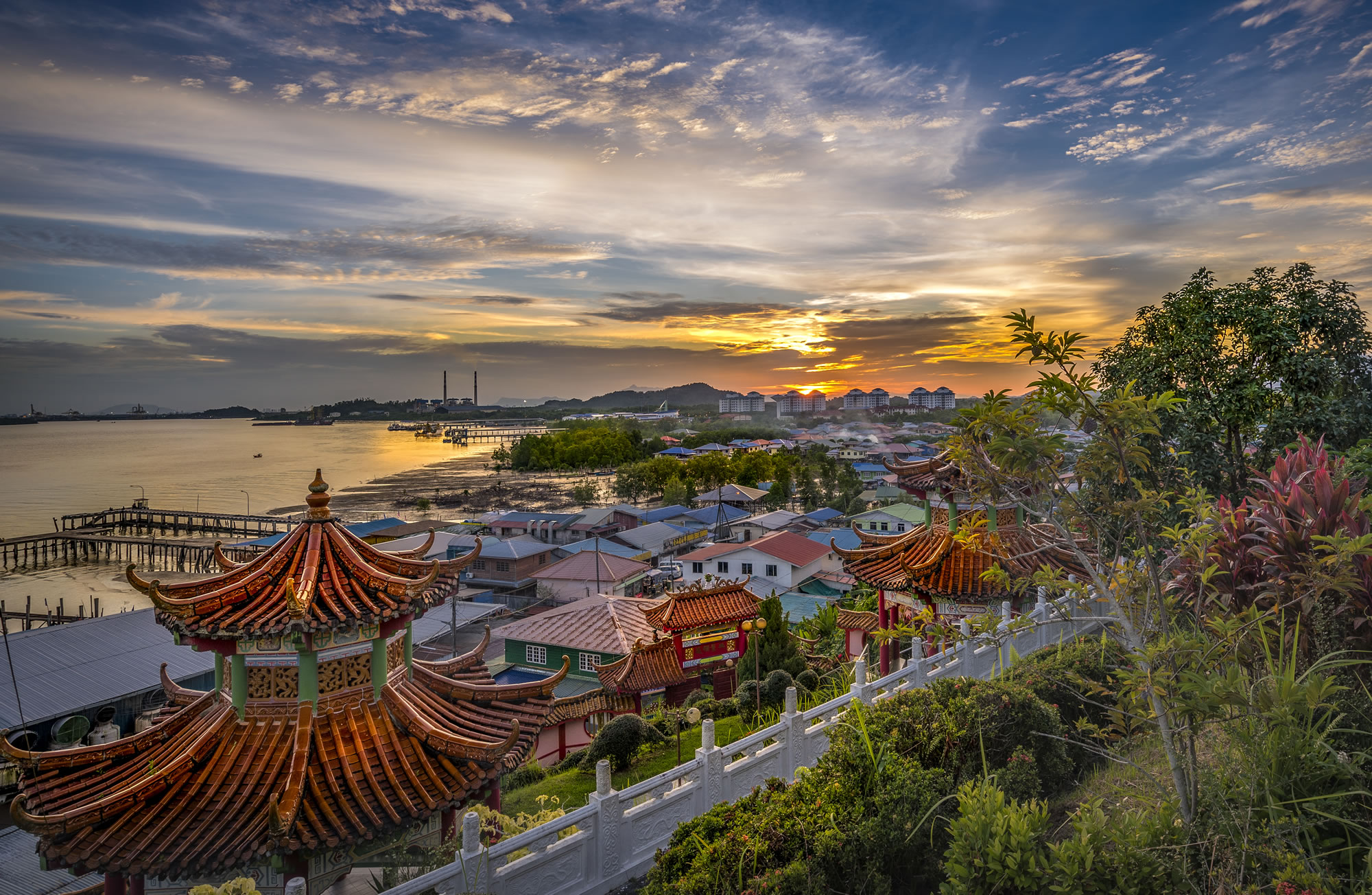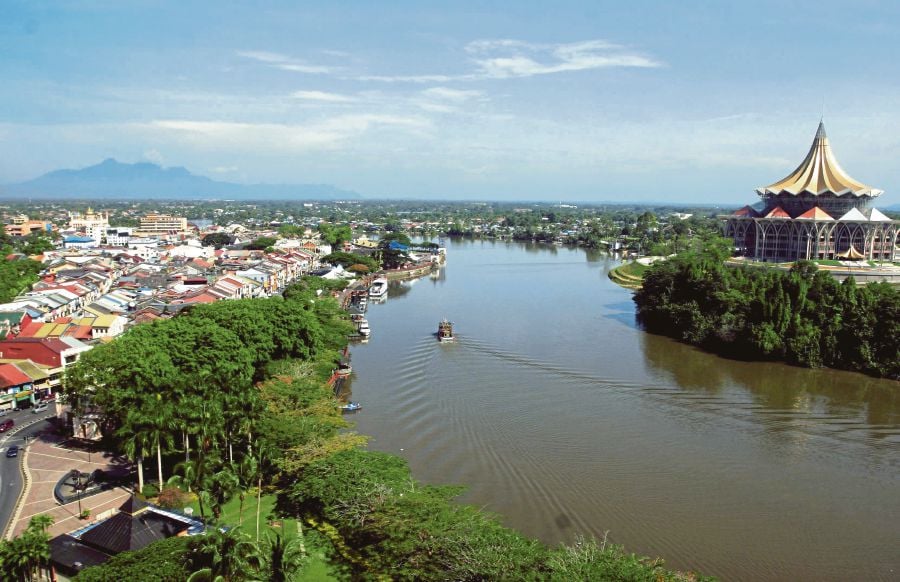

One of the most vocal groups concerned with these new policies is the Sarawak Oil Palm Plantation Owner’s Association (SOPPOA), which represents oil palm plantation owners in the Malaysian state on the island of Borneo. The peat swamp forests of Sarawak are being cut down to make way for oil palm plantations, releasing thousands of years of stored carbon into the atmosphere as greenhouse gases.
#Sarawak malysia free
Wilmar’s “No Deforestation, No Peat, No Exploitation Policy” requires that all of the palm oil it produces and trades is free of deforestation, peatland destruction, and exploitation. But it’s the announcement by Wilmar, the largest trader (and one of the largest producers) of palm oil, that is likely to have the greatest impact on the palm oil industry.

As you may have seen, there has been a lot of news from the palm oil industry in recent months, with companies like Hershey’s, L’Oréal, Kellogg’s, and Unilever committing to source deforestation- and peat-free palm oil.


 0 kommentar(er)
0 kommentar(er)
